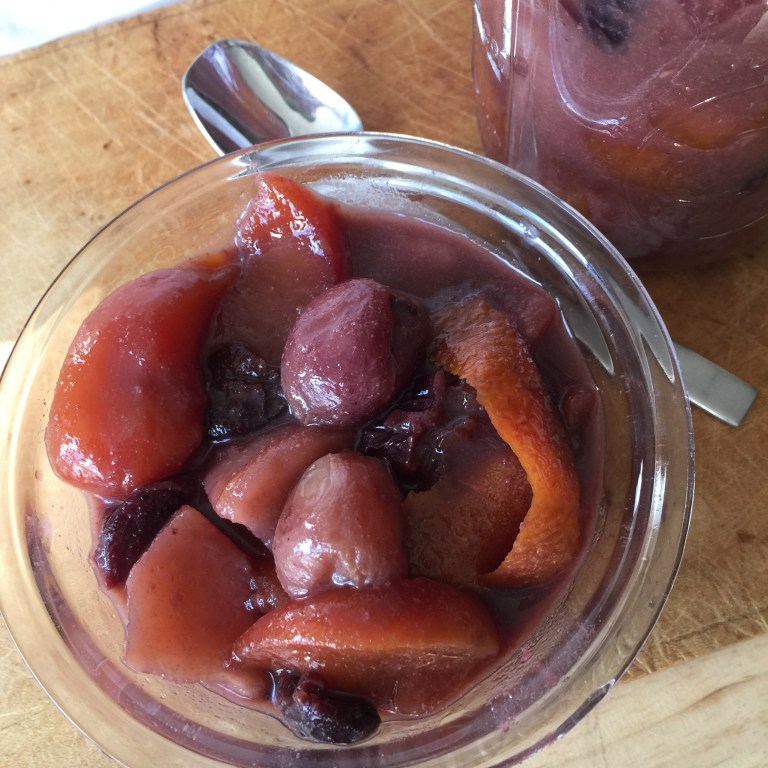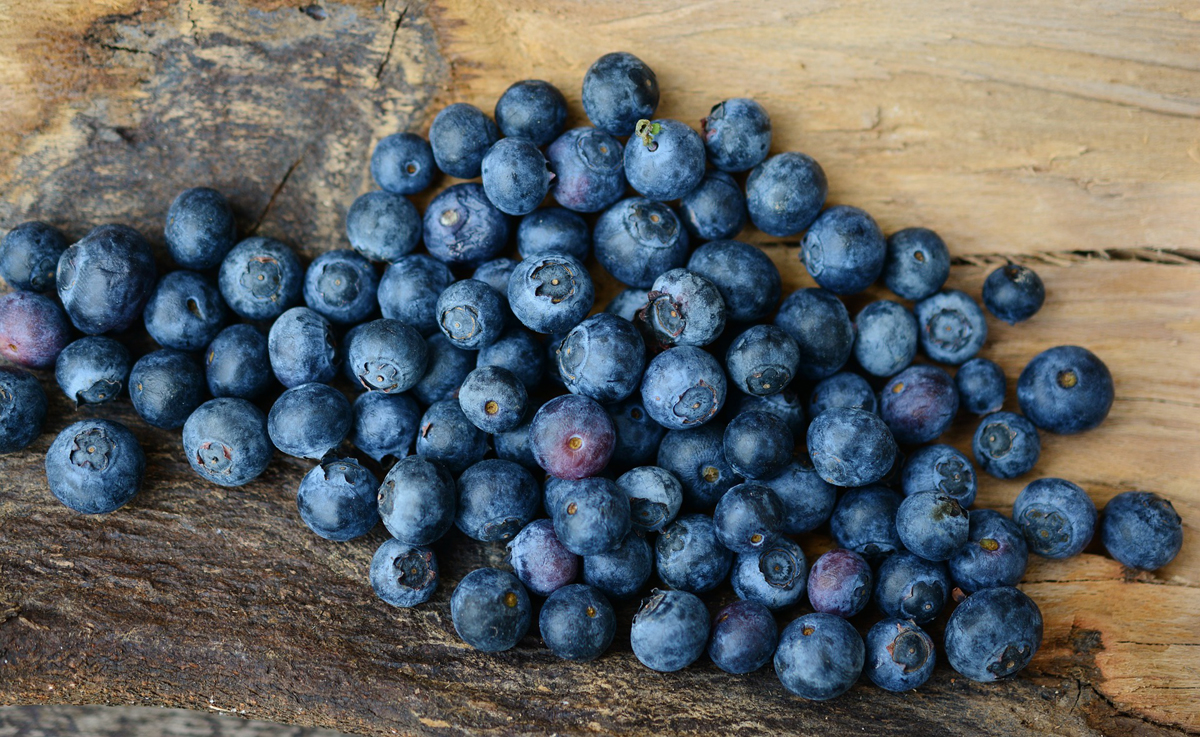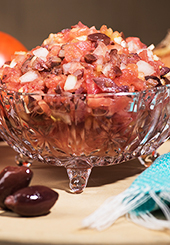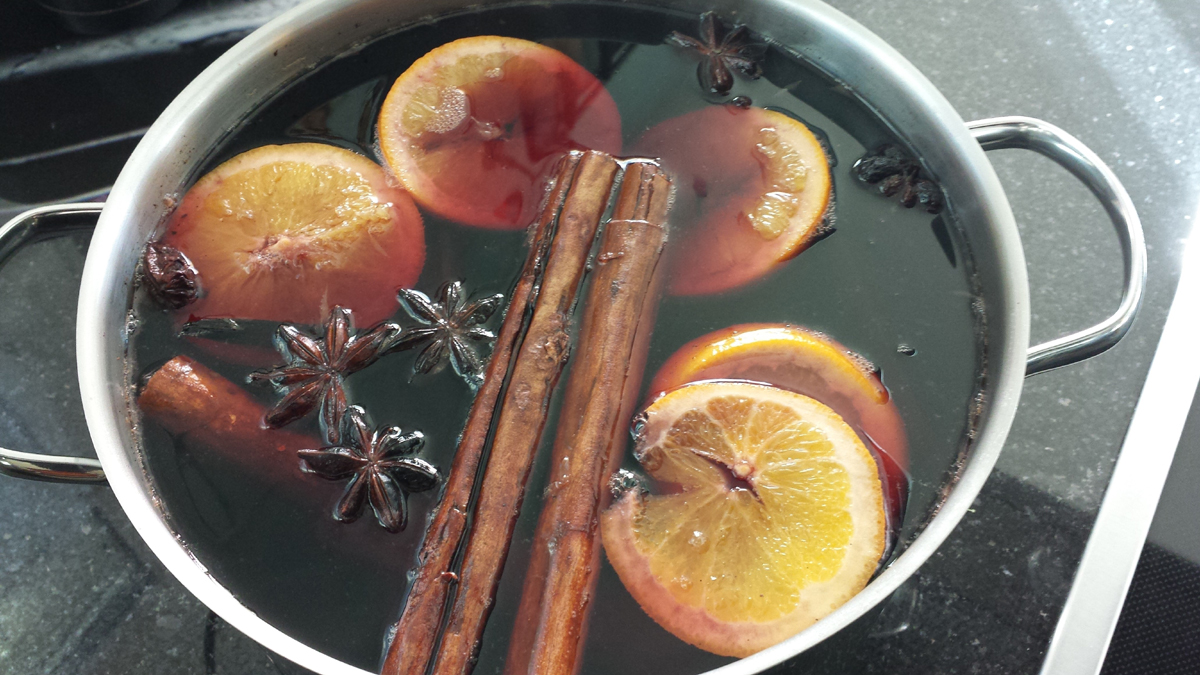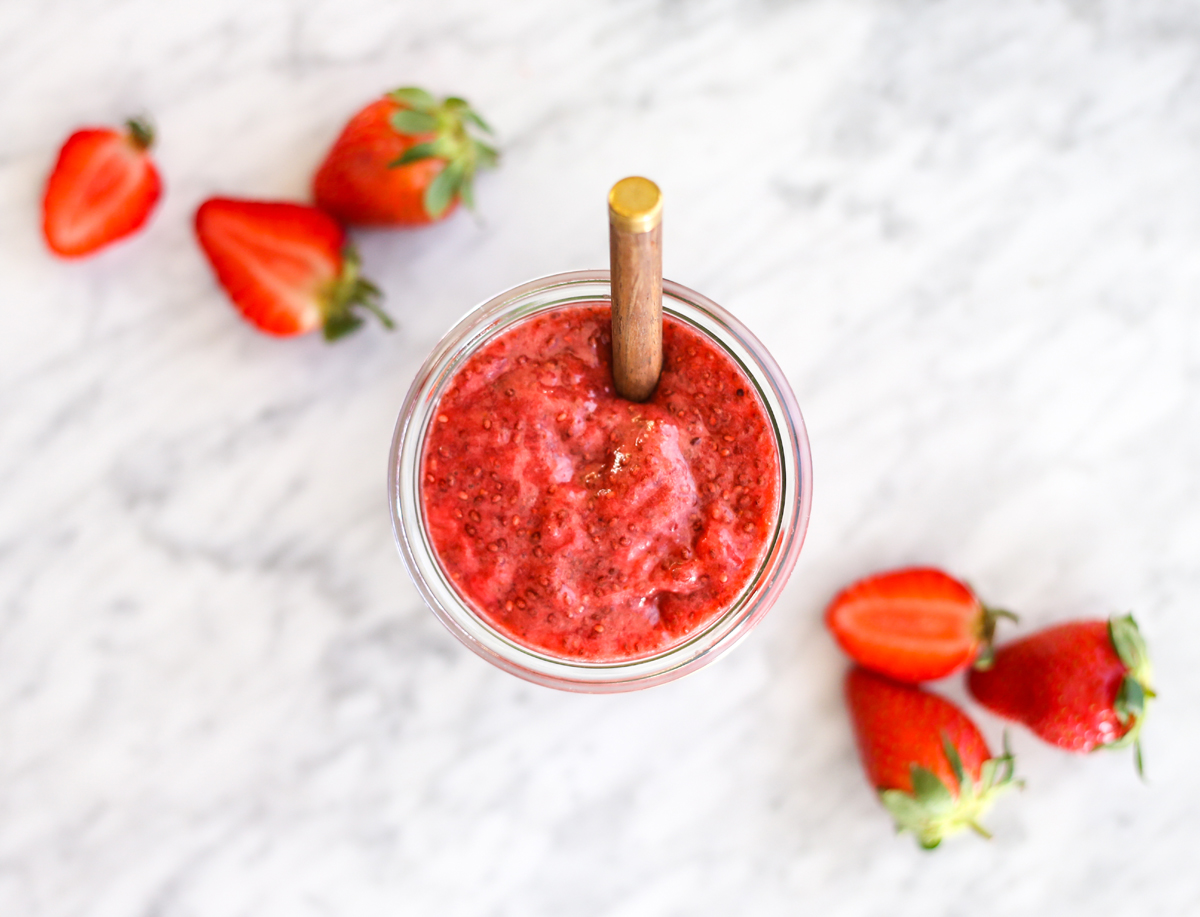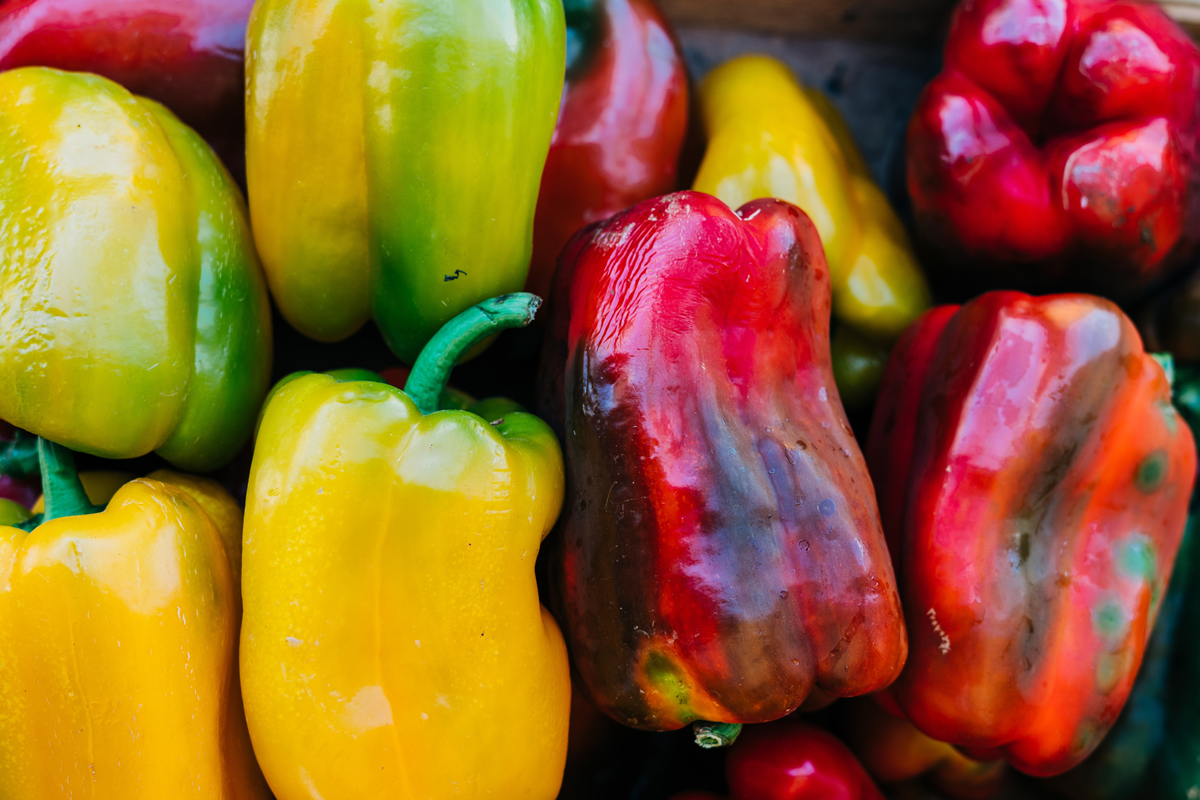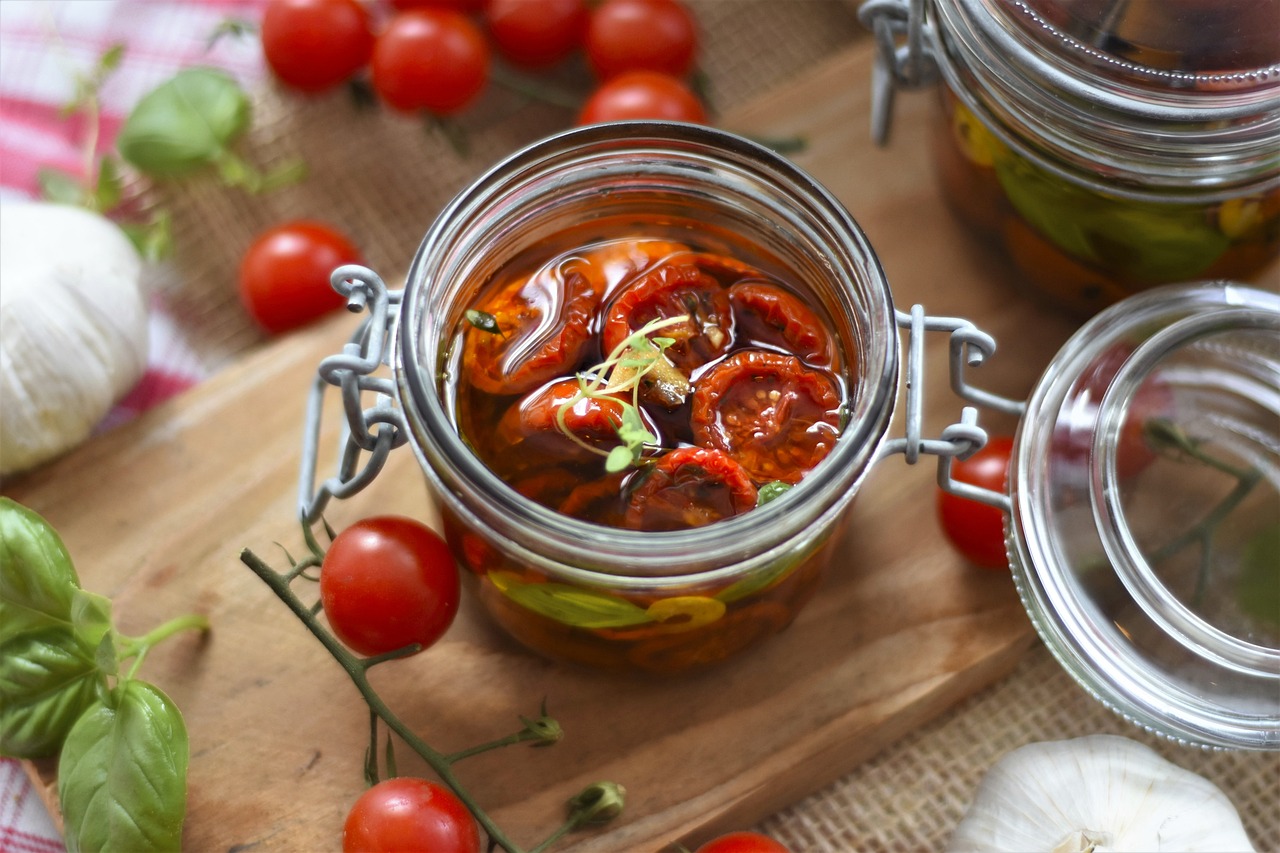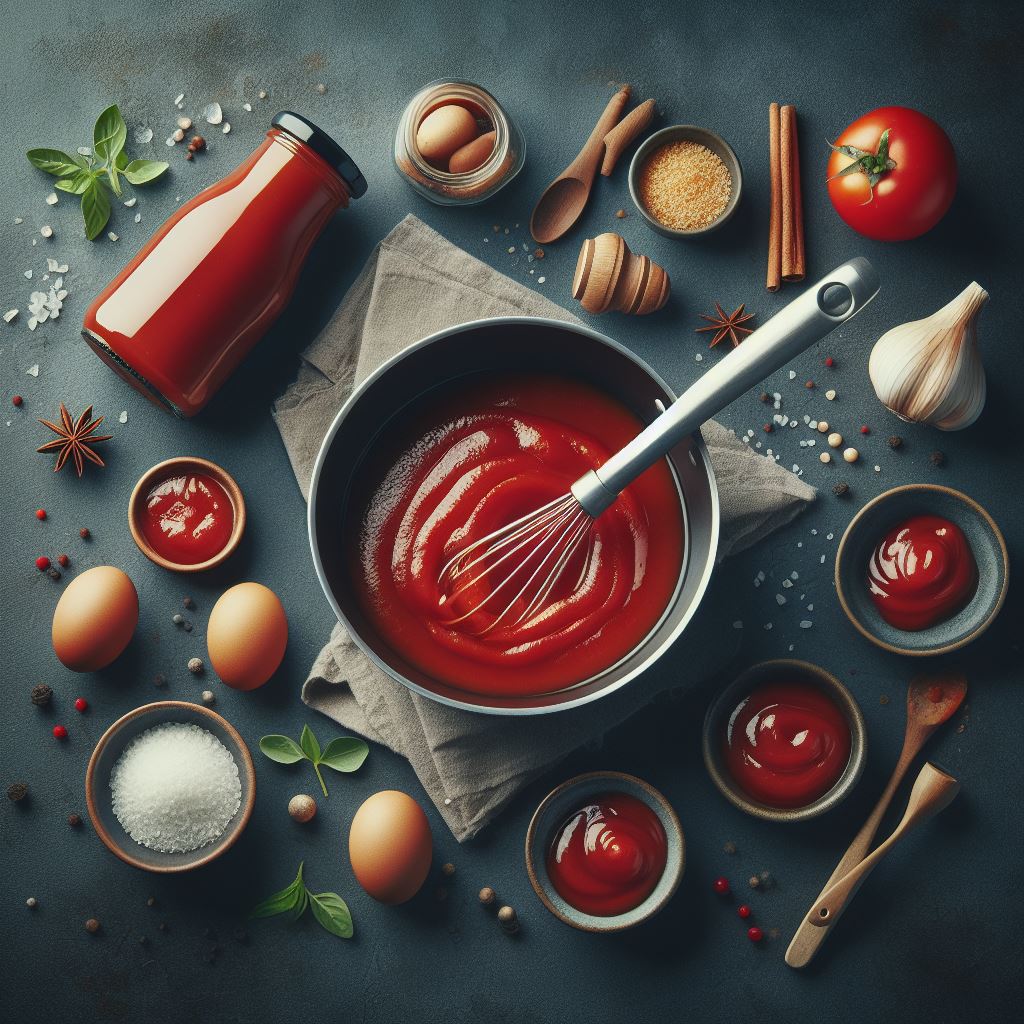Freezer Facts – Learn Facts, Tips and Tricks About Freezing Your Food
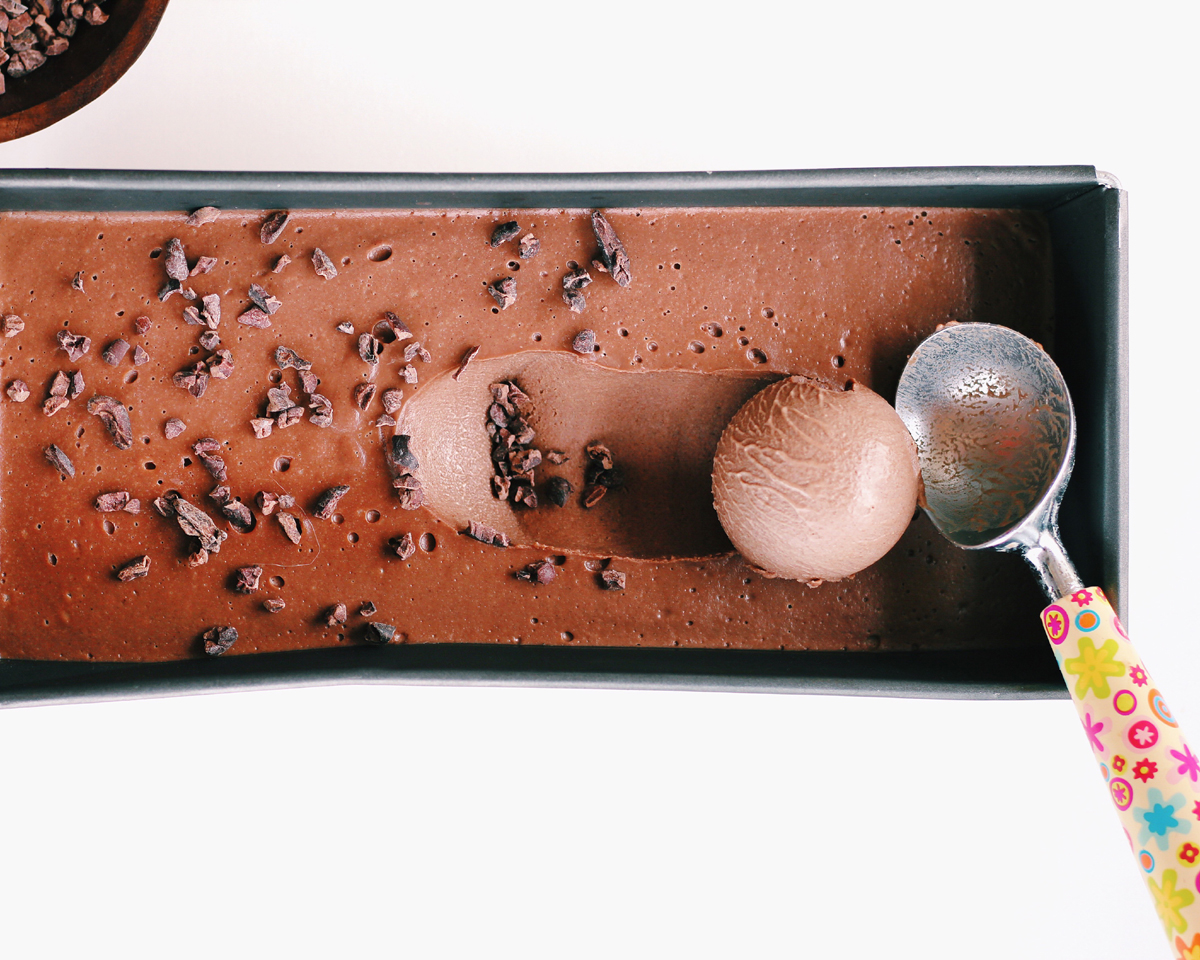
As someone who is passionate about food, your primary concern should be to find fresh, quality ingredients that allow you to cook delicious, healthy meals. Freezing can be a great way to improve the shelf life of a given ingredient and is a useful skill to learn use in the kitchen. Since you may find yourself needing to freeze something, here are some great tips and tricks to help you succeed.
When cooking for yourself, a loved one, or more importantly a client, every aspect of the meal needs to be taken into consideration. From maintaining a clean, healthy, and organized work space, to the temperature and presentation of everything you cook. For a lot of ingredients, especially proteins such as scallops and shrimp, freezing is without a doubt the best way to go to retain their original, fresh flavor.
This works great for a lot of vegetables too. Using the freezer more often can allow you to both preserve the perfect freshness of your ingredients and also work to make preparing your meal that much easier and less time consuming.
Condensation
Condensation is the moisture that collects on the surface of the food if it is still hot or warm when you put it in the freezer. When you defrost this, the excess moisture will make your food soggy and tasteless.
Chill cooked foods uncovered, and then cover the seal before freezing to prevent another source of condensation.
Drip Loss
Drip Loss is the term for leakage of a natural moisture that occurs during a defrosting. The moisture expands as it turns into ice, causing the food fibers to splinter and break. This is what causes limp or soggy textures after defrosting. If the food is chilled before freezing, the ice crystals that form will be smaller, causing less damage to the fibers therefore meaning less drip loss. The result will be better in texture and flavor compared to the food that was not cool before placed in the freezer.
Freezer Facts Tips and Tricks
If ice cream thaws it should not be re-frozen.
Fruits and vegetables should be frozen at their peak of flavor.
The freezer in your refrigerator is not the same as a food freezer. It is best used for storing foods for short periods only. Foods should be frozen as quickly as possible and temperatures should be 0 degrees Fahrenheit or below.
Jelly, salad dressing and mayonnaise do not freeze well on bread products.
When freezing casseroles, cook for a shorter period of time than normal, then cool quickly to stop cooking action. Make sure it is packed as solidly as possible, the fewer air spaces the better.
To prolong the freezer storage time for roasted meats, cover them with gravy.
Meatloaf may be frozen cooked or uncooked.
Potatoes will become mushy when frozen in stews and casseroles.
Any bakery item with a cream filling should not be frozen. They will become soggy.
Custard or meringue pies do not freeze well. The custard tends to separate and the meringue will become tough.
Mashed potatoes freeze well.
Waffles and pancakes may be frozen, then thawed and cooked in the toaster.
Seal all freezer wrapped foods as well as possible so that freezer burn will not occur.
A good trick when you go away on vacation is to place a baggie with a few ice cubes in the freezer. If a power failure occurs while you are gone and the food thaws and then refreezes, you will know about it when you get home.
Baker’s yeast will freeze for years without going bad.
If you freeze wild rice it will last for 3-4 months instead of a week in the refrigerator.
A corned beef roast can be kept for up to one week in the refrigerator and up to two weeks if frozen.
Always remove meat from store packages and re-wrap using special freezer paper or aluminum foil if you are planning to freeze meats for more than 2-3 weeks.
Chops, cutlets and hamburgers should be freezer wrapped individually. This will assure maximum freshness and convenience.
Brown sugar won’t harden if stored in the freezer.
Unsalted butter can be stored in the freezer indefinitely if it is wrapped and sealed airtight. Salted butter can be stored for a shorter period of time in its original container with no wrapping.
Whipped cream; drop dollops of whipped cream on a cookie sheet, then freeze before storing in plastic bags.
Freeze eggs whole or separated. Egg whites may get tough when frozen in a potato or macaroni salad.
Flour can be frozen.
Honey can be frozen in ice cube trays. If the honey becomes granulated, simply place the cubes in a jar and place in very hot water.
Do not buy frozen foods unless they are frozen solid.
Keep a frozen food inventory, foods tend to get lost in a large freezer.
Frozen foods are more nutritious than canned foods.
Date all frozen foods using a piece of tape or permanent marker pen.
Refreezing foods will lower their quality.
Remember the longer you freeze, the better chances are to lose a percentage of the food quality.
The Author:
Chef Robert Montgomery

